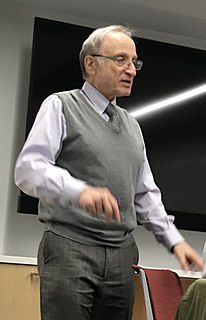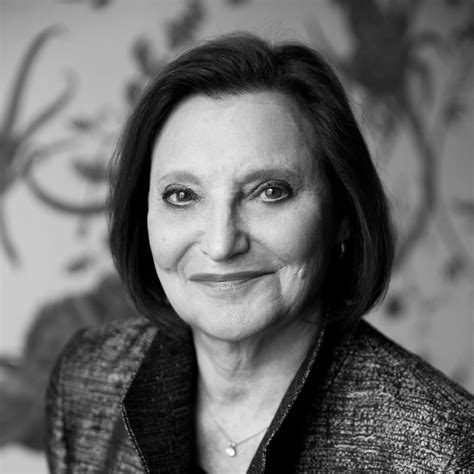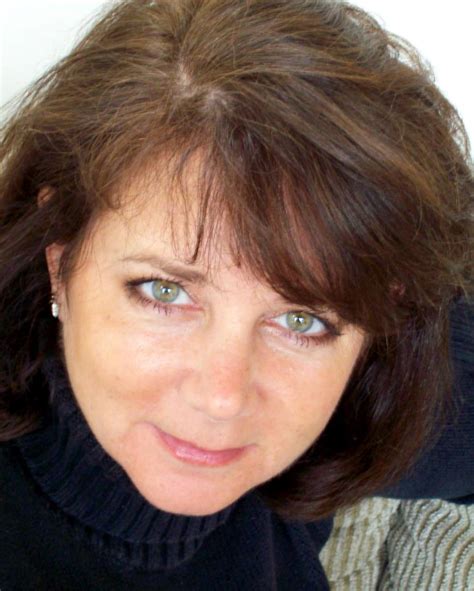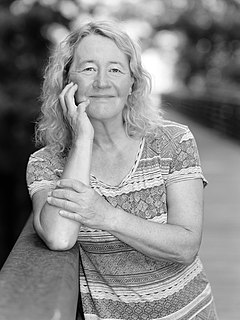A Quote by P. D. James
Books of quotations ... afford me one of the most undemanding but satisfying forms of reading pleasure.
Quote Topics
Related Quotes
Radio is the medium that most closely approximates the experience of reading. As a novelist, I find it very exciting to be able to reach people who might not ever pick up one of my books, either because they can't afford it (as is often the case in Latin America), or because they just don't have the habit of reading novels.
Reading was only part of the thrill that a book represented. I got a dizzy pleasure from the weight and feel of a new book in my hand, a sensual delight from the smell and crispness of the pages. I loved the smoothness and bright colors of their jackets. For me, a stacked, unread pyramid of books was one of the sexiest architectural designs there was, because what I loved most about books was their promise, the anticipation of what lay between the covers, waiting to be found.
My daughter is seven, and some of the other second-grade parents complain that their children don't read for pleasure. When I visit their homes, the children's rooms are crammed with expensive books, but the parent's rooms are empty. Those children do not see their parents reading, as I did every day of my childhood. By contrast, when I walk into an apartment with books on the shelves, books on the bedside tables, books on the floor, and books on the toilet tank, then I know what I would see if I opened the door that says 'PRIVATE--GROWNUPS KEEP OUT': a child sprawled on the bed, reading.
In junior high school, I learned that I could be good at school. I remember liking the freedom to choose classes and the pleasure of learning and doing well. My perseverance and love of reading had somehow allowed me to overcome many disadvantages of dyslexia, and I read a lot of books for pleasure.
Reading any collection of a man's quotations is like eating the ingredients that go into a stew instead of cooking them together in the pot. You eat all the carrots, then all the potatoes, then the meat. You won't go away hungry, but it's not quite satisfying. Only a biography, or autobiography, gives you the hot meal.
In my childhood I was obsessed with cameras but could not afford one. After much persuasion my father Harivansh Rai Bachchan bought me a box camera which I treasured for years. Initially I clicked trees and nature and as I grew up started noticing prettier things-motorbike, sleek cars and cool girls. But the hamartia of life is when you desire something you cannot afford it and when you are able to afford it you are too old to use it. Now I don't need all gadgets but it's satisfying to know that at least I can afford them.







































